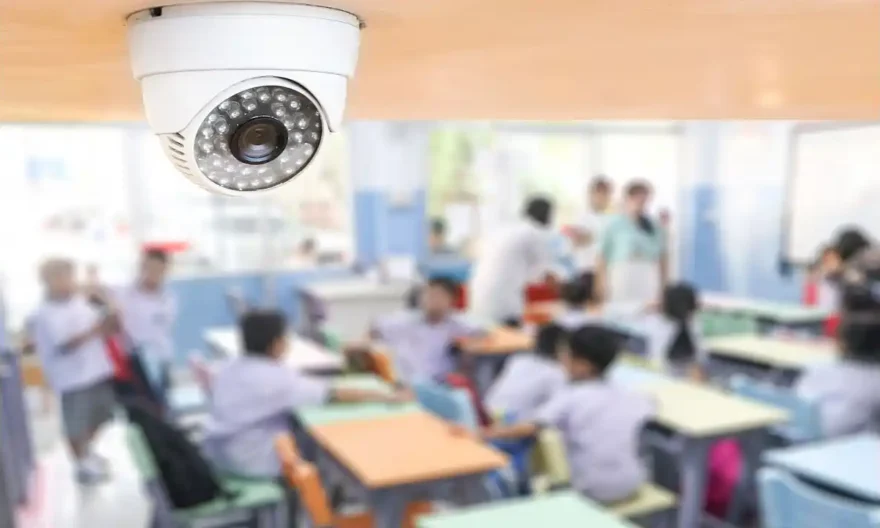
The Delhi government on defended its decision to install CCTVs in classrooms saying it was necessary for the protection and security of the students at schools.
An affidavit filed by Delhi Government said the decision to place CCTV cameras in classrooms was necessary in light of the increasing incidents of violence in schools and the inability of managements to ensure safety of the students.
The government also submitted that “in balancing the interest of the state to ensure the safety and protection of students along with the right of privacy in a classroom, it is to be borne in mind the extent to which the expectation of privacy would be reasonable in a public classroom”.
The bench was hearing a Public Interest Litigation (PIL) filed by the Delhi Parents Association and the Government School Teachers’ Association, challenging the Aam Aadmi Party government’s decision to install 1.5 lakh CCTV cameras inside classrooms of government and private schools and the dissemination of live stream footage emanating from the same to unauthorised persons.
The petition also challenged the Delhi Cabinet’s decision for being violative of Articles 14, 19, and 21 of the Constitution of India. The petitioners were represented by counsel Jai Anant Dehadrai, Sidharth Arora, Jaskaran Singh Chawla and Soujanya Ketharaj.
The petition also highlighted three fundamental violations of privacy inherent in the impugned decision.
“First, the installation of CCTV cameras inside classrooms, without obtaining specific consent from either the students and their parents or the teachers is a gross and direct violation of the Fundamental Right to Privacy as held in the 9-Judge Constitutional Bench decision of the Apex Court. Such consent must be informed, and specific and thus cannot be a one-time broad-based and all-encompassing parental authorisation,” the petition stated.
Secondly, it said the act of live-streaming footage without specific consent is a further violation of the Fundamental Right to Privacy.
Third, in the complete absence of a data protection regime or any other statutory/regulatory framework to protect citizens’ data, the twin acts of obtaining and then storing children’s data on private computer servers are fraught with danger and are thus also violative of the Fundamental Right to Privacy, it said.
It stated that the petitioners before the court are directly affected by the impugned decisions, in as much as they transgress not only their own fundamental rights but also those of the students they teach.
The plea further stated that the “petitioners are especially concerned with the storage of the video footage of their wards, in the absence of a secure infrastructure and they are opposed to the idea of cross-sharing classroom footage with other parents and inevitably with unauthorised third persons”.




